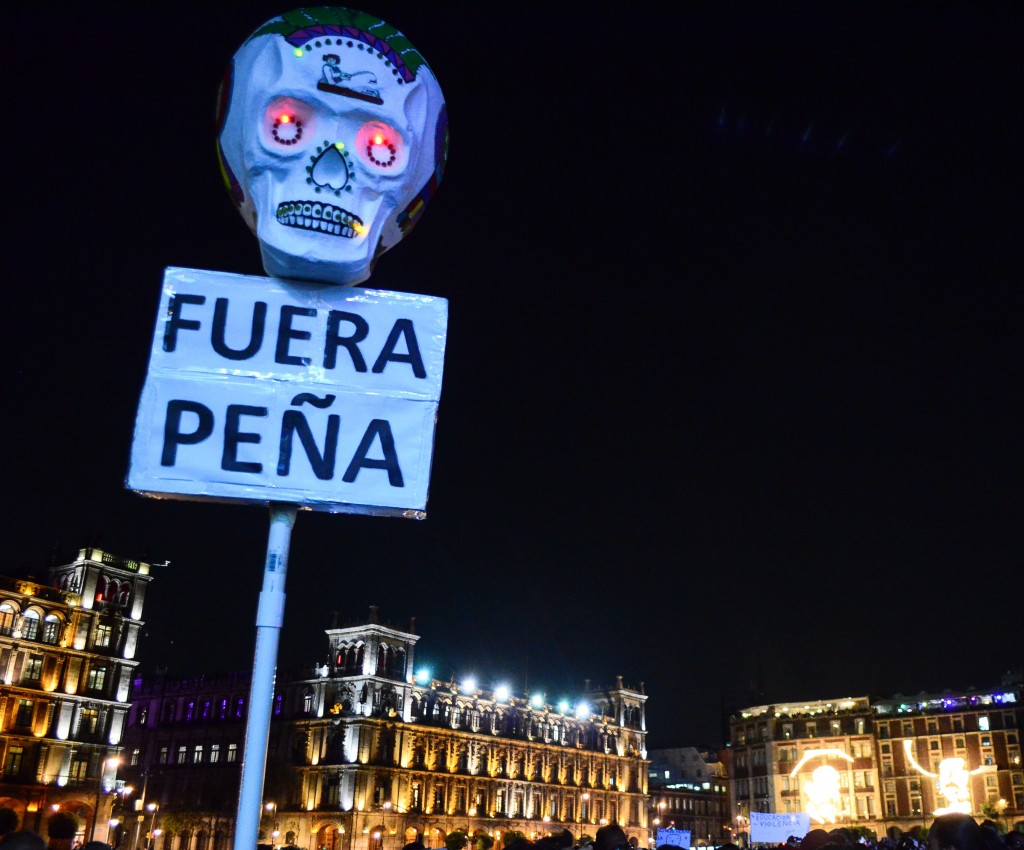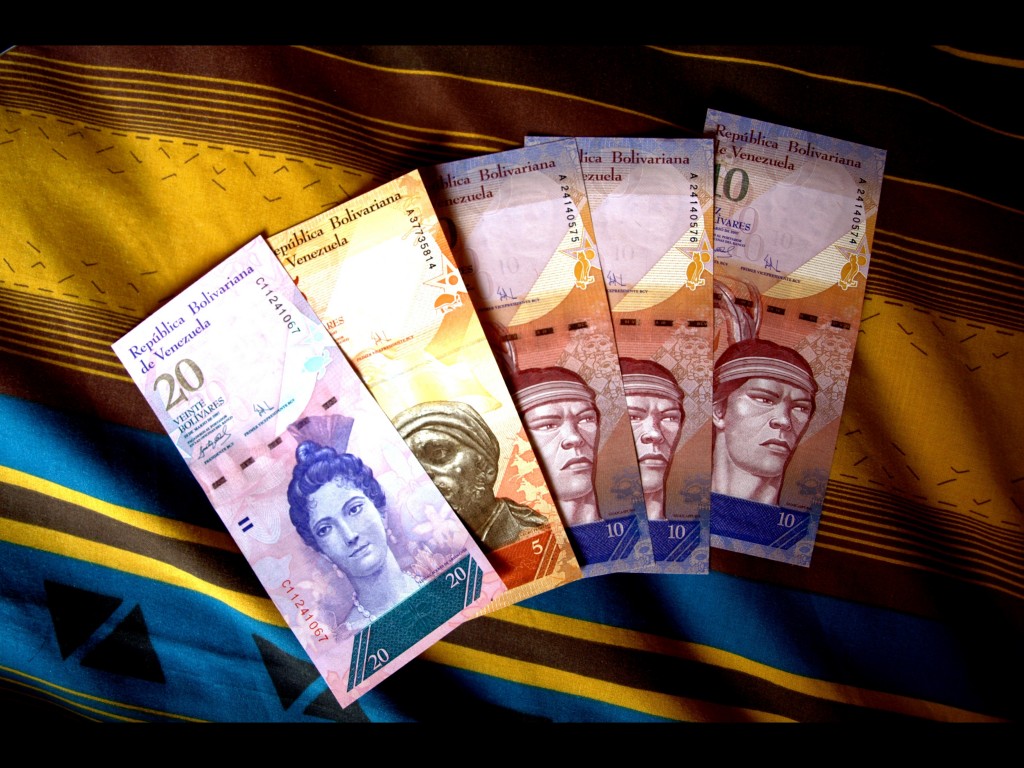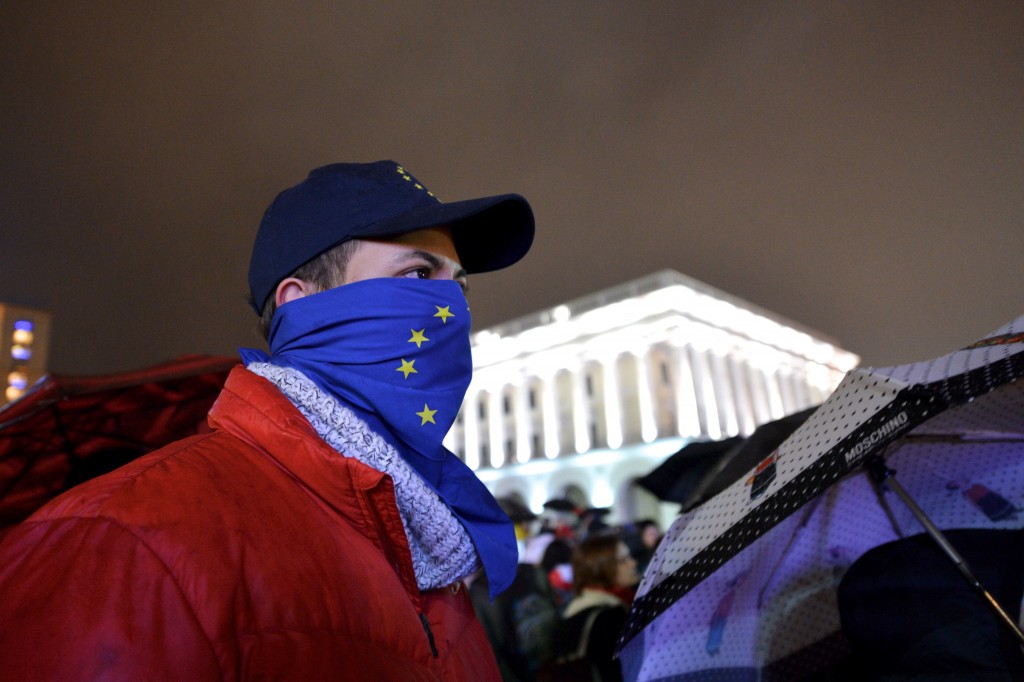
The pandemic has laid bare the increasingly blurred lines between public and private sectors when it comes to securing coveted government contracts. As allegations of Covid-related cronyism continue worldwide, lobbying scandals highlight the urgent need for greater transparency and stricter rules governing the ‘revolving door’ between public and private office.
In March, it emerged that former UK Prime Minister David Cameron personally lobbied the Chancellor of the Exchequer and other Treasury ministers to secure Greensill Capital access to an emergency loan scheme established in the wake of the pandemic. Cameron, who acts as an adviser to the firm, claims he didn’t break any rules since former ministers are only banned from engaging in lobbying for two years after leaving office.
Separately, it has come to light that last year Prime Minister Boris Johnson promised he could ‘fix’ tax issues to enable a high-profile businessman to build ventilators in the United Kingdom. These scandals have only intensified calls to overhaul lobbying laws and raised alarm bells about the misuse of status, power and connections to improperly influence business dealings.
Published on 27-04-21. Read on here




